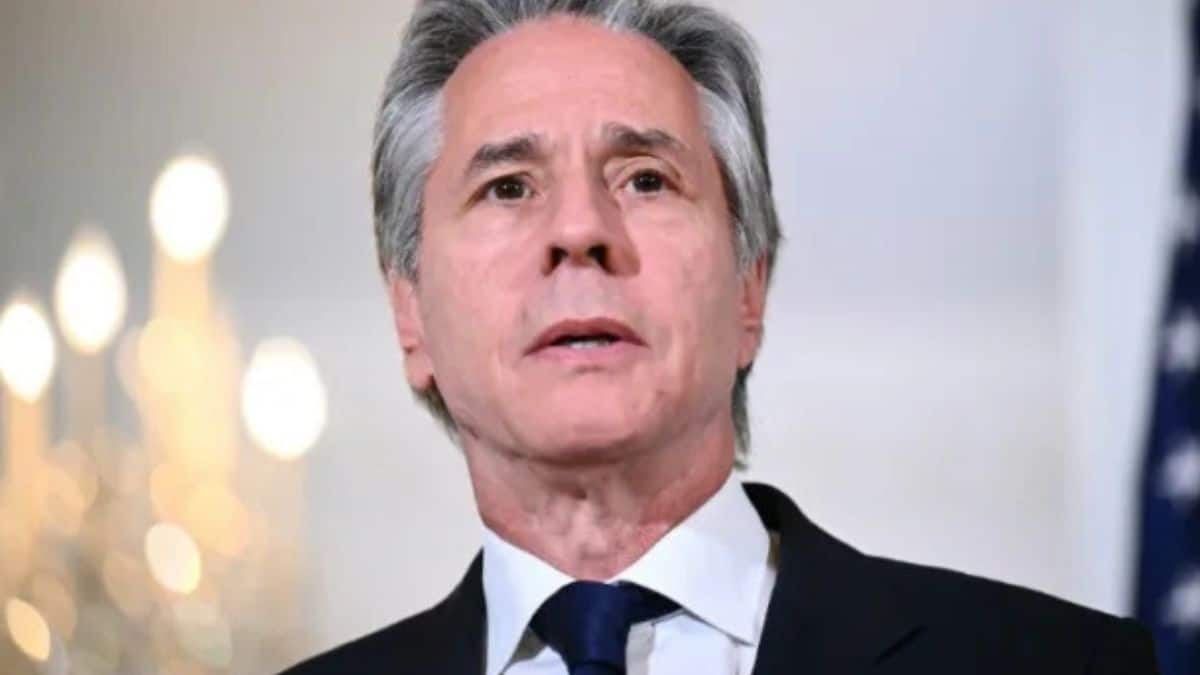In a high-stakes diplomatic engagement, senior officials from China and the United States convened in Vientiane, Laos, on Saturday to address escalating tensions between the two global powers. The talks, led by Chinese Foreign Minister Wang Yi and U.S. Secretary of State Antony Blinken, focused on contentious issues including Beijing’s assertive actions in the South China Sea and its strengthening strategic partnership with Moscow.
The meeting comes at a time of heightened geopolitical friction, with Washington expressing growing concern over Beijing’s expansive claims and militarization in the South China Sea. The U.S. has consistently challenged China’s territorial assertions in the region, citing international law and freedom of navigation as key points of contention. Additionally, the deepening Sino-Russian ties, particularly in the context of increased military cooperation and joint exercises, have further strained U.S.-China relations.
During the talks, both sides emphasized the importance of dialogue and conflict management to prevent further escalation. The discussions reportedly included proposals for greater transparency and mechanisms to address maritime disputes peacefully. The U.S. delegation underscored the need for China to adhere to international norms and engage in constructive behaviour to alleviate regional tensions.
The diplomatic dialogue is part of ongoing efforts to manage the complex relationship between the world’s two largest economies. The U.S. and China have been at odds over various issues, including trade imbalances, human rights, and regional security. Recent events, such as China’s extensive infrastructure projects in contested waters and its increasing military presence, have intensified these concerns.
The meeting in Laos also reflects broader trends in international diplomacy, where countries are seeking to balance competitive interests with cooperative engagements. As global geopolitical dynamics continue to shift, maintaining open channels of communication between major powers like China and the U.S. remains crucial for global stability and security.

